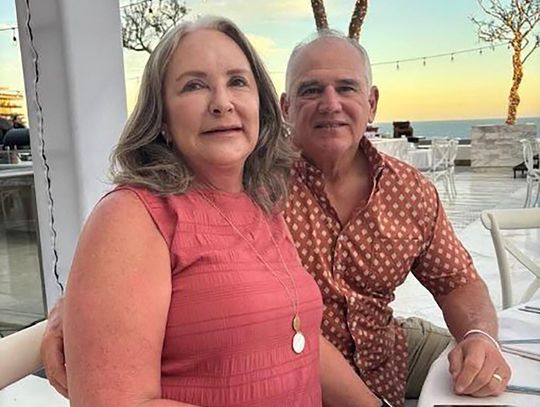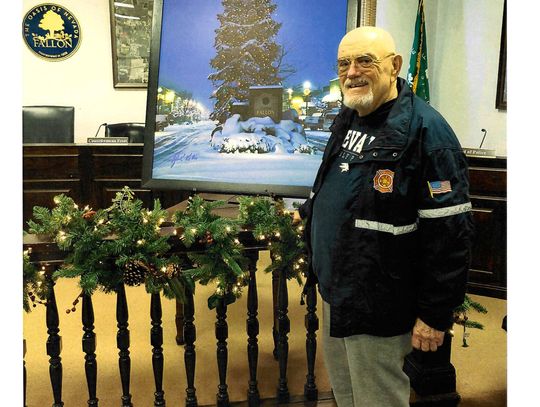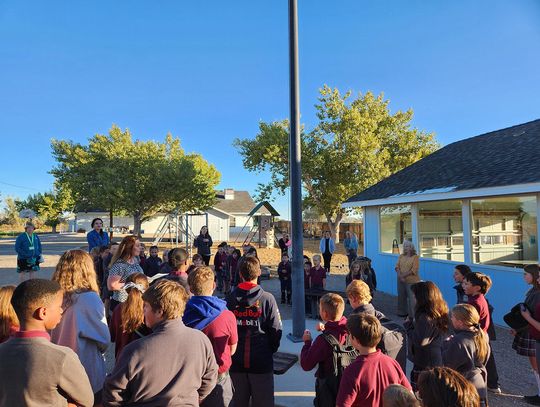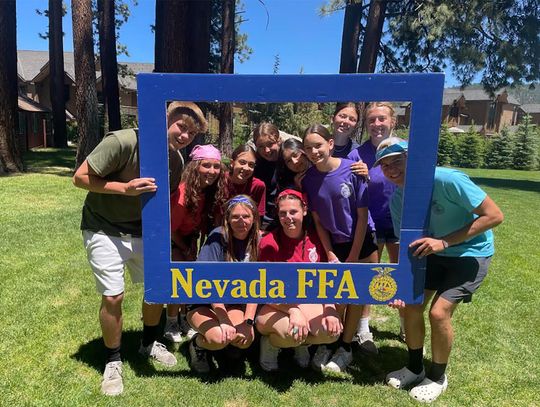On June 5, 2023, the 82nd Nevada State Legislature passed SB225 in a 20-1 vote. SB225 expressly states that a person is not qualified to serve as a category I, II, or III peace officer if that person has been convicted of (a) A felony in this State or any other state, regardless of whether such a conviction was expunged or sealed; (b) A battery which constitutes domestic violence pursuant to NRS 200.485, regardless of whether such a conviction was expunged or sealed; or (c) A misdemeanor crime of domestic violence, as defined in 18 U.S.C. §44 921(a)(33), in any other state, regardless of whether such a conviction was expunged or sealed.
SB225 also addresses several other issues related to Peace Officers in Nevada, including training and certifications, hiring, discipline, and the use of cannabis prior to employment. However, this article was the second in a series related to the many complex facets of domestic and family violence and how it impacts our lives and communities. For more, check out. "Behind Closed Doors: Unveiling the Complexities of Domestic and Family Violence Across Generations."
Original Article: Change is underway in Nevada. With over 1,000 bills on the table at the commencement of the 82nd Legislature, lawmakers have had their work cut out for them. One of those lawmakers, Nevada State Senator Dallas Harris (D-Clark County), also an attorney, is proposing aggressive steps to prevent some individuals from becoming peace officers in specific scenarios.
The Nevada Peace Officers' Standards and Training Commission (POST) provides for the training, education, and certification of peace officers to help ensure they are qualified to execute their duties and are prepared for the challenges and dangers they encounter. In addition to training, POST establishes a level of accountability for law enforcement, which serves to better protect both peace officers and the public at large.
Senate Bill SB225 proposes changes that would increase that level of accountability and potentially disqualify some individuals from becoming or remaining peace officers. Sponsored by Harris, the bill covers a lot of territory including enhancing bill language related to peace officers with prior felonies or domestic battery convictions.
As outlined in NRS 289.555, current law states that a person convicted of a felony in this state, or any other state is not qualified to serve as a category I - III peace officer regardless of whether the person has restored their civil rights.
SB225 would expand the law to preclude persons from qualifying as a peace officer if convicted of a felony in this or any other state, battery that constitutes domestic violence, and a misdemeanor crime of domestic violence - all regardless of whether such a conviction was expunged or sealed.
According to state and federal law, felony and domestic violence convictions result in the loss of individual gun rights. As peace officers in the U.S. carry firearms, it would be impossible for an officer with either of these types of convictions to carry their weapon lawfully. Neither one's restoration of civil rights nor sealing records changes that fact. The only way to restore one's gun rights in Nevada is through a pardon.
However, it can be difficult to learn of prior convictions when records have been sealed. According to Nevada law, the only agencies that can unseal a criminal record without a court order are the Gaming Commission/Gaming Control Board and the Department of Business & Industry Division of Insurance. This restriction can be problematic for POST and law enforcement agencies seeking to certify and hire officers.
Most peace officers are trustworthy and strive to protect the community and those around them. And do so successfully. However, they are not immune to internal and external issues that can result in domestic violence in their own families. Several studies note contributing influences that include experiences out in the field, burnout from overwhelming stress, relationships between police officers and authority figures, and authoritarian spillover, to name a few (Research Journal of Justice Studies and Forensic Science).
These elements, combined with a propensity toward violence, can be a dangerous combination for a peace officer. According to Mark Wynn, a 21-year veteran of the Nashville Metropolitan Police Department who trains departments on officer-involved domestic violence, "When you get that kind of a character in a badge, you've got a real problem, because when you train someone to be a cop, anyone in this country, you train them to challenge when confronted. You train them to interrogate when suspicious. You train them to [use] fighting skills that no one else has. You train them how to use weapons. You train them how to deal with conflict. You teach them all these skills, and then you add all of that to someone who is violent; you've got a lethal combination on your hands…"
While current law prohibits law enforcement officers from having felony convictions, it does not preclude misdemeanor domestic battery convictions nor make provisions for sealed or expunged records. As a result, law enforcement agencies could – and possibly are, inadvertently placing men and women in the field with firearms they have been prohibited from possessing. SB225 seeks to change that.
Fortunately for Fallon, no known officers are serving the community with felony or domestic violence convictions or carrying firearms unlawfully. SB225 includes several other guidelines regarding peace officers and can be reviewed here: https://www.leg.state.nv.us/App/NELIS/REL/82nd2023/Bill/10035/Text#
This story is the second in a series of articles related to the many complex facets of domestic and family violence and how it impacts our lives and communities. For more, check out. "Behind Closed Doors: Unveiling the Complexities of Domestic and Family Violence Across Generations.









































Comment
Comments